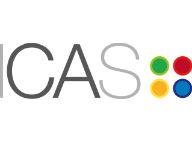Faculty News
—
Professor Aswath Damodaran is interviewed about Uber's financial growth
—

Excerpt from Bloomberg -- "'Uber is a one-of-a-kind company, in good ways and bad ways. It’s going to be a case study,' said Aswath Damodaran, a finance professor at New York University. 'This is a cash-burning machine.'"
Faculty News
—

Excerpt from Bloomberg -- "'Uber is a one-of-a-kind company, in good ways and bad ways. It’s going to be a case study,' said Aswath Damodaran, a finance professor at New York University. 'This is a cash-burning machine.'"























